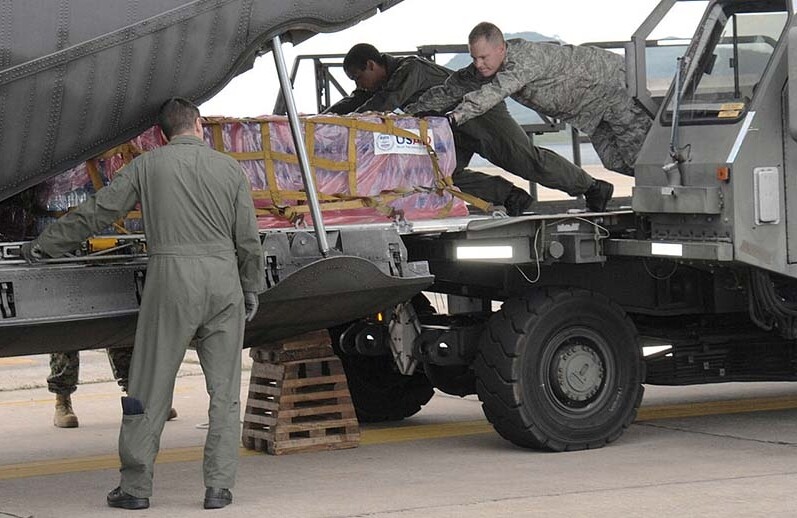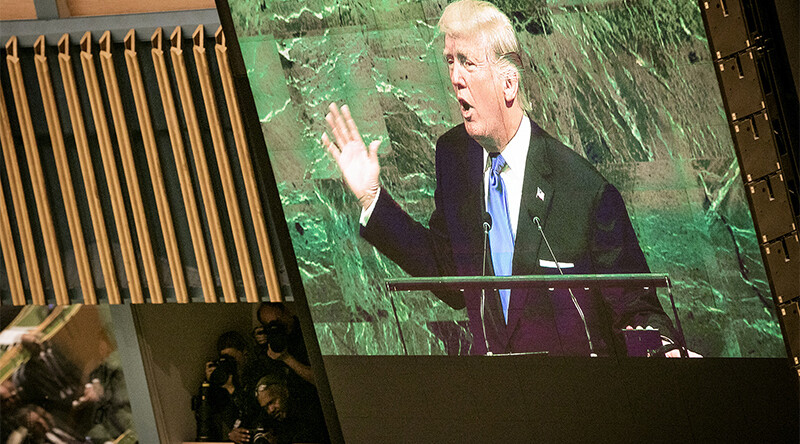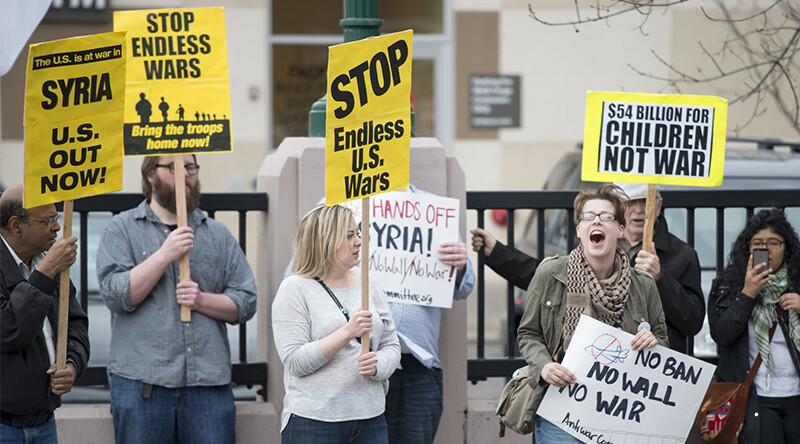This article first appeared on the Ethics & International Affairs blog.
Josh Rogin follows up on the move to institutionalize transactionalism as the guiding principle of U.S. foreign aid. The draft directive makes it clear that, moving forward, "Aid recipients should support key United States political and security objectives."
What this points to is not simply an effort to reorient the basis of U.S. global engagement, but the weakness of past narratives to explain and justify U.S. action in the world. While national security professionals in Washington may be aghast at the implications of this proposed reorientation, they miss the point that the fundamental principle as expressed in the above-referenced statement resonates within the country at large. Why shouldn't there be a clear quid pro quo for U.S. assistance? Otherwise, it sounds suspiciously like a formula for the U.S. taxpayer to continue to subsidize others with no clear benefit. Indeed, what is striking is the difficulty that the think tank/expert community is having in linking the negative implications of this shift to "doorstep" issues for average voters.
This is why Rogin includes a critical observation:
"'We desperately need a new bipartisan consensus on how do we use our soft power for our great power competition,' said Daniel Runde, senior vice president at the Center for Strategic and International Studies."
So far, we have several competing narratives but no replacement seems to be gaining traction.





